Buy Less, Wear More: Mara Hoffman’s Sustainable Fashion
American fashion designer Mara Hoffman launched her eponymous brand in 2000, showcasing loose, easy-wear dresses, one-piece swimwear and trouser suits emblazoned with bold colours and wild, Matisse-like prints. Fifteen years later, her brand had become an international hit, with offices spread across the globe. But by now Hoffman was painfully aware of how wasteful and exploitative the fashion industry could be. So, she made a choice; to completely rebrand her company with ethical, fair-trade sustainability at the centre of everything they would make. It has been a long journey, that Hoffman admits is very much far from over, but she has made a bold commitment to caring more for people and the planet, stating, “I try to hold myself accountable for everything we put out into the world, and I ask that all brands and consumers do the same.”
As Hoffman’s company grew from a small store in New York City to a large-scale, multi-national powerhouse, she experienced the damaging the fast-paced nature of garment production. In 2015, she took the risky decision to completely overhaul her business from the ground up, ensuring every single stage of the production process had sustainability in mind. Undoubtedly the shift meant her company initially took a large financial hit, and Hoffman remembers, “People thought I was crazy… that I was walking away from money.” But in time Hoffman has recouped her losses, and earned a widespread following of loyal customers who share her mindful sensibilities about caring for the planet.
Although Hoffman produces all her own fabrics, she insists on only working with organic, recycled and regenerated materials. She says, “We choose each material with intention and care and prioritize natural, recycled, and renewable components.” Explaining some of the fabric types they choose, she adds, “We also do not use any fur, leather, or feathers. All of our cotton is now organic and 100% of our swimwear is produced using recycled nylon or recycled polyester.” In recent years Hoffman began producing their printed fabrics using digital printing techniques, a less labour-intensive process that leaves a much smaller carbon-footprint.
Overhauling the factory production of her fabrics and garments has been a trickier task, but she is completely transparent about her production lines. Hoffman is deeply committed to ethical, fair trade, and outlines her standards on her company’s website. There she explains her emphasis on working with small factories, which she regularly visits, and on treating every member of staff with the utmost care and respect.
Hoffman often works closely with indigenous communities, which allows her to support craftspeople in sustaining ancient traditions, noting, “By re-integrating artisanal products into the global market, we are able to offer better economic opportunities for marginalized groups, while expanding the audience for handcrafted, special pieces.” For example, Hoffman sources locally produced cotton from India, where cotton is grown and harvested. She also employs Indian artisans to dye and embellish her cottons, as she explains, “Our partners in India are also able to offer detailed, high quality artisanal work, which in turn means that we can offer employment and economic empowerment to men and women in those communities.” In 2016, the company began working with Art Atlas, a Peruvian company that promotes the development of artisan independence.
Hoffman also encourages her customers to take a sustainable attitude when buying her garments, by buying fewer, higher quality garments that are built to last, and wearing them more. On the care labels of her clothing, she prints the instructions: “Wear More, Wash Less,” and “give it a long life.” In another attempt to extend the lifespan of Hoffman clothing, she has set up the ‘Full Circle’ programme, an online platform via the company website, where customers can re-sell second-hand, Hoffman garments, a process aimed at “keeping timeless Mara Hoffman pieces in circulation and out of landfill.” Hoffman also resells or donates any unused yards or scraps of fabric to the companies Queen of Raw and Fabscrap, to try and ensure as little goes to waste as possible.
In spite of all this effort, Hoffman still sometimes has a guilty conscience about her involvement in the design industry, where she is largely creating luxury objects of aesthetic desire rather than complete necessity. “I am often uncomfortable about putting more product into the world,” she says, adding, “I try to find resolve in knowing that we are producing clothing in the kindest way we possibly can at the moment.”
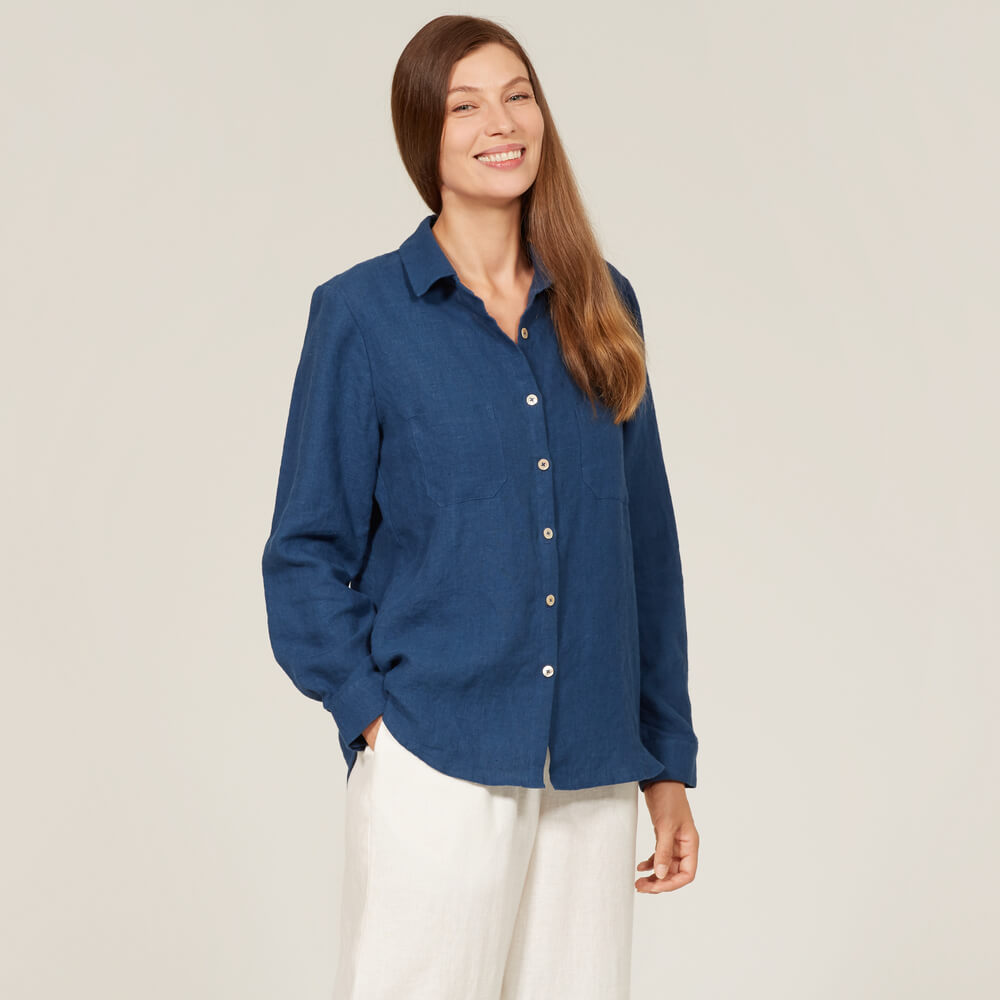

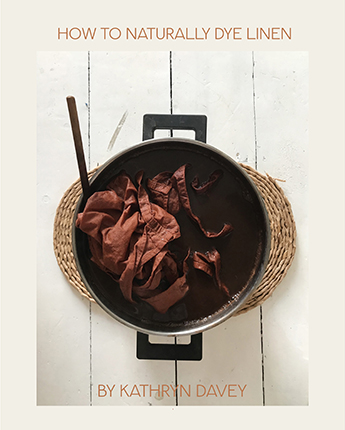
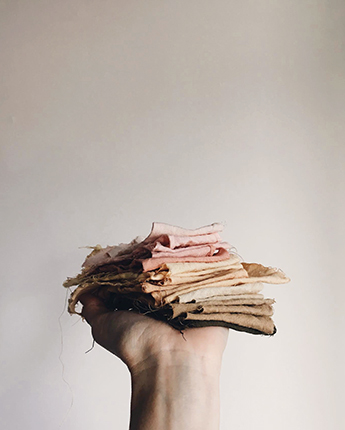


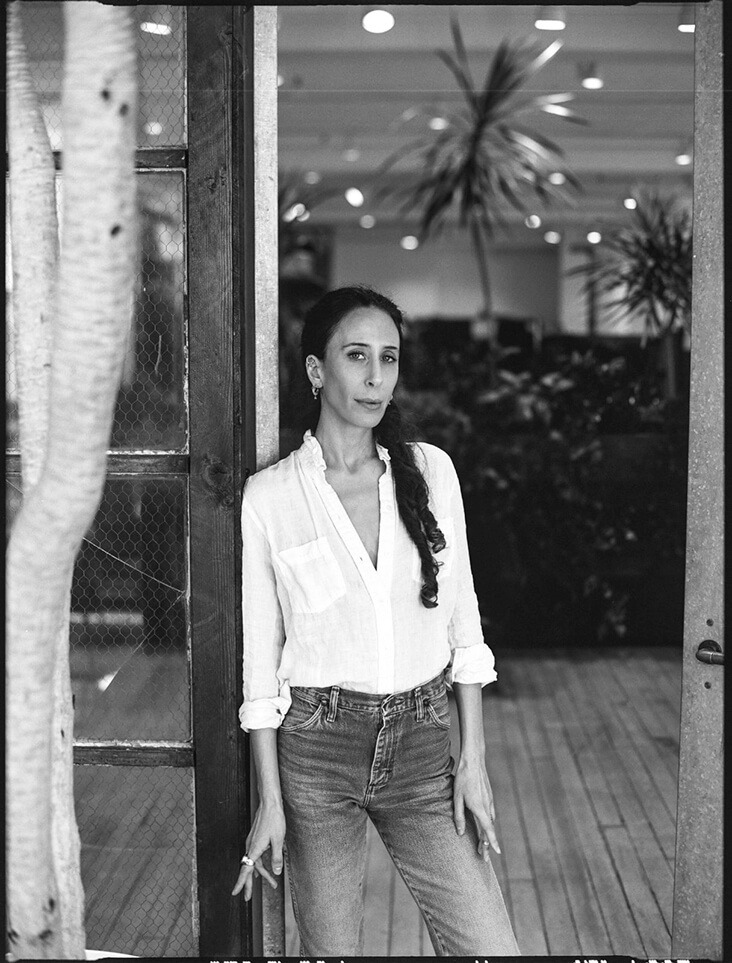
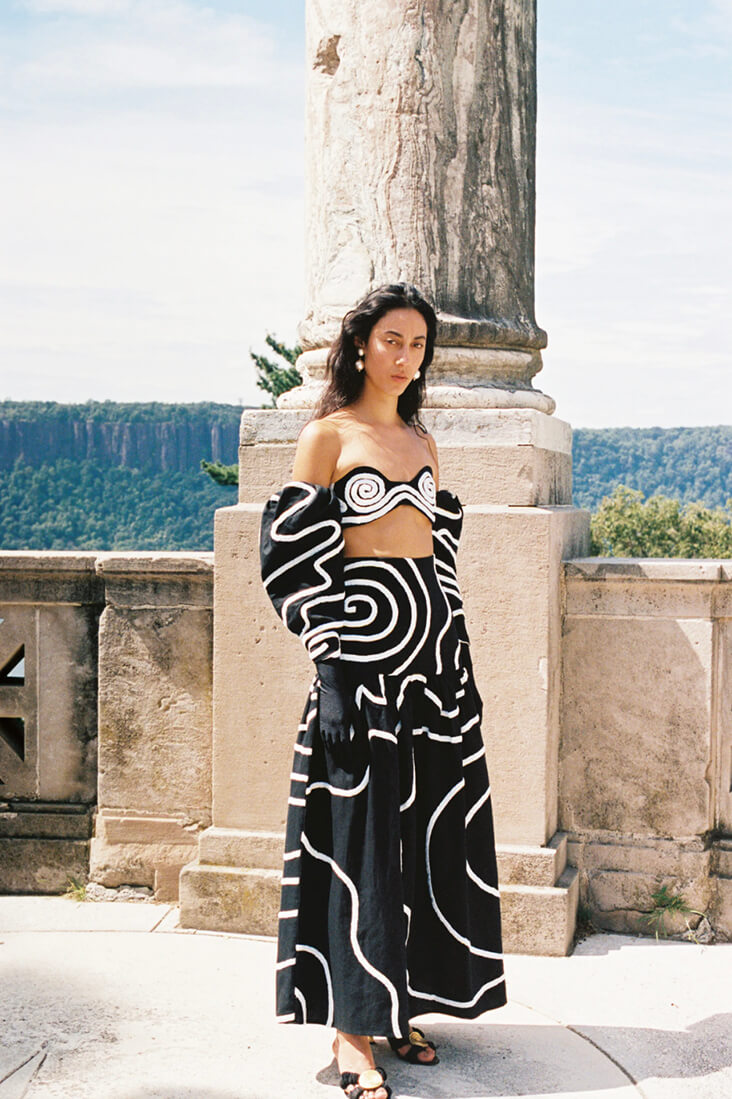
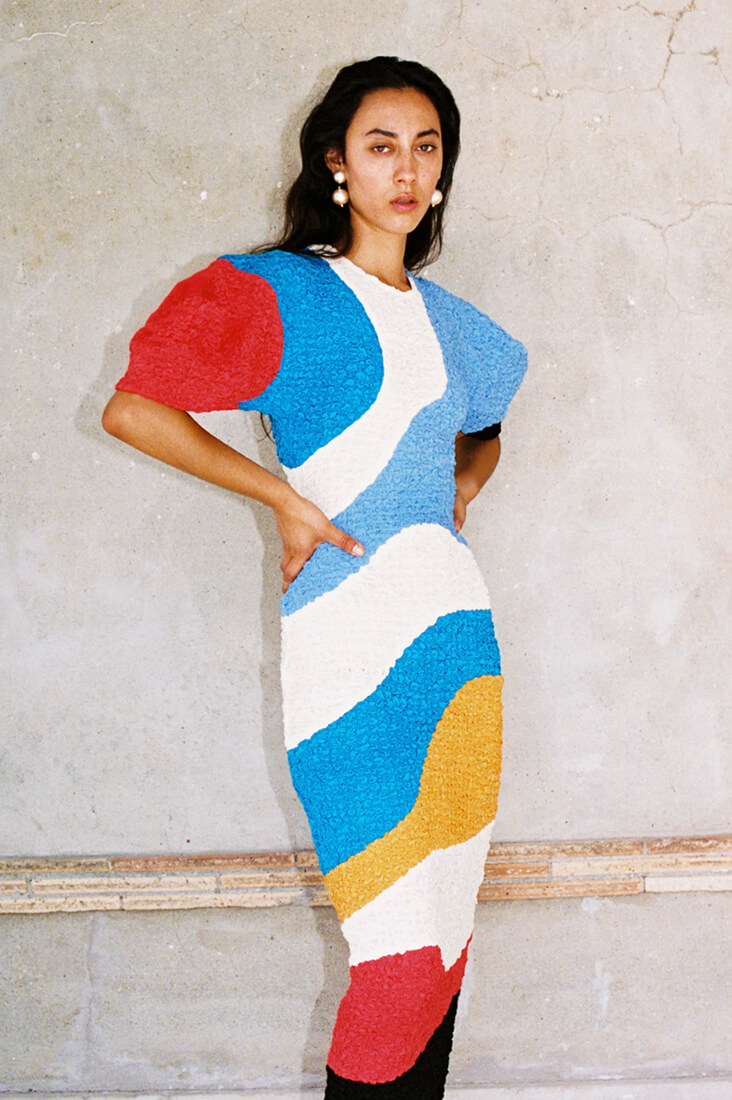

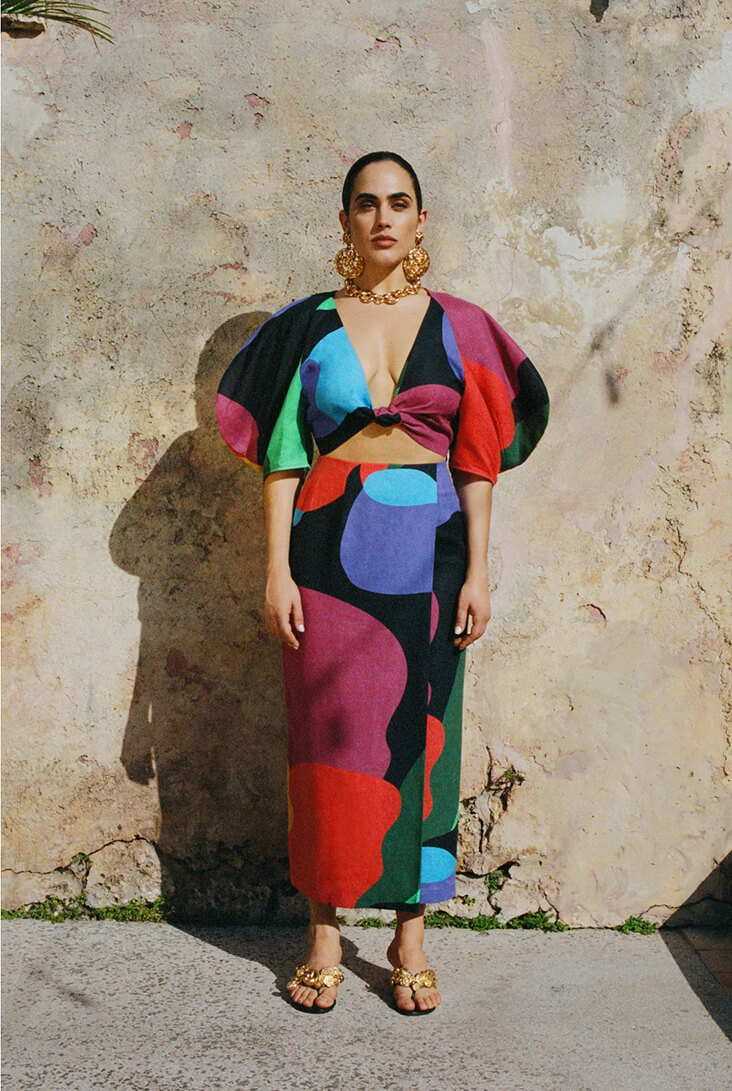

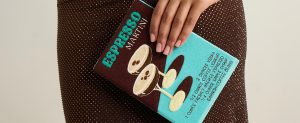
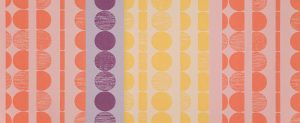
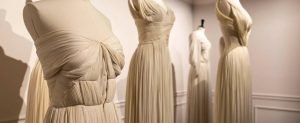
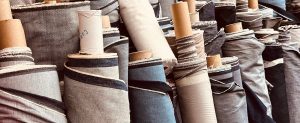
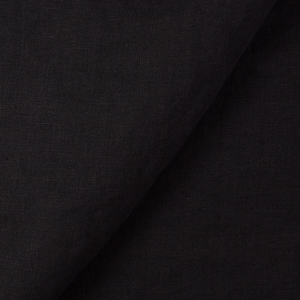

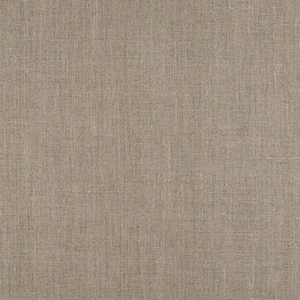
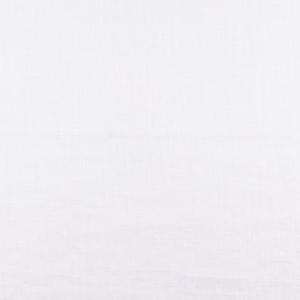
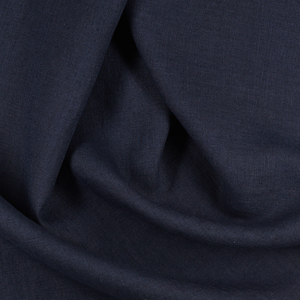
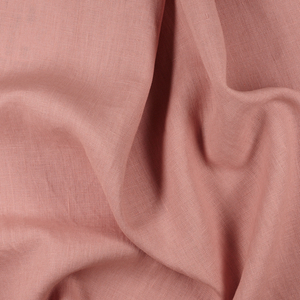
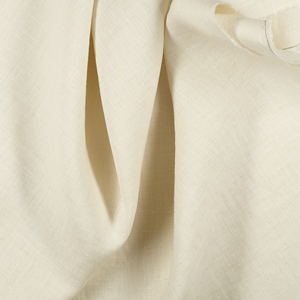
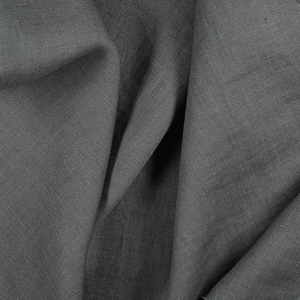

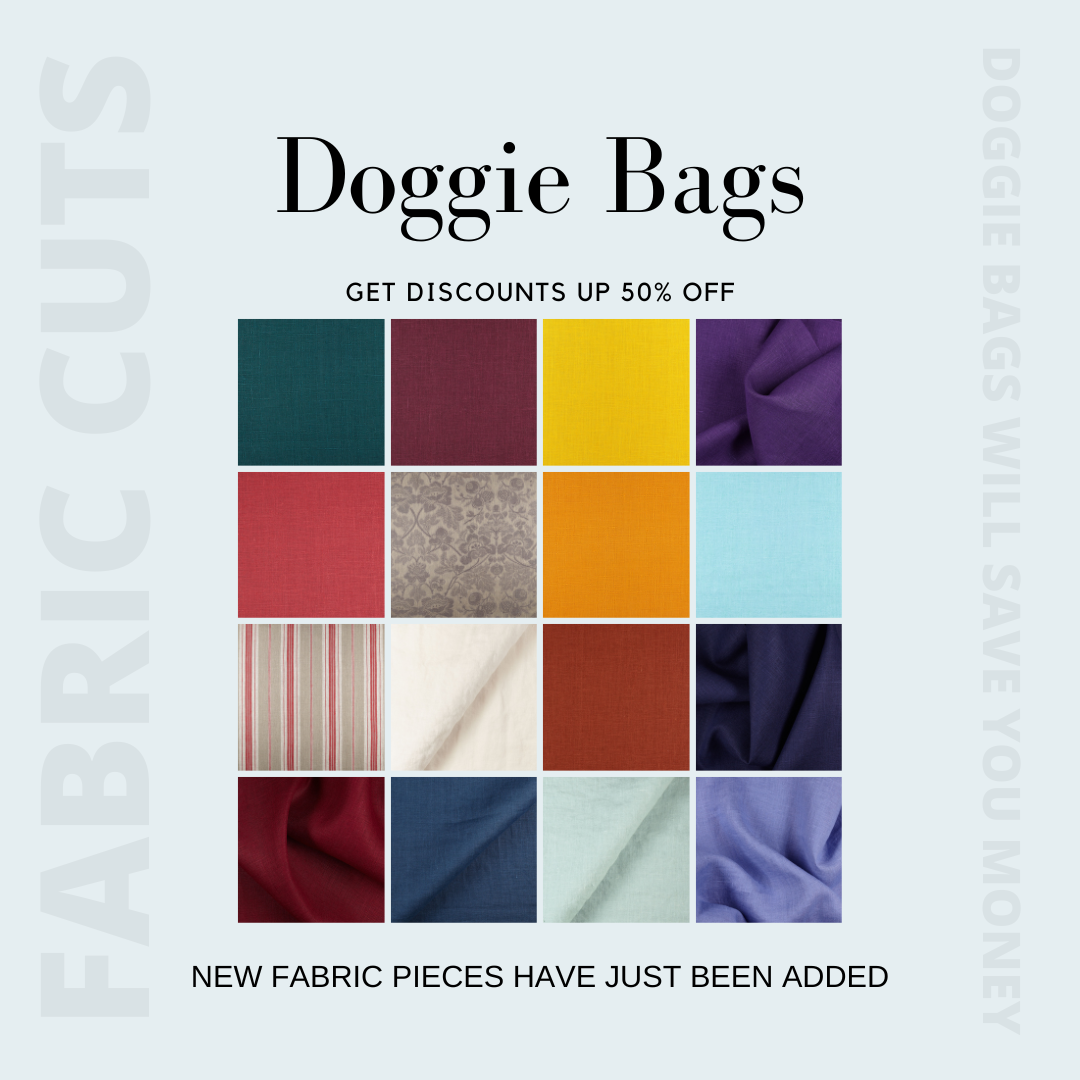

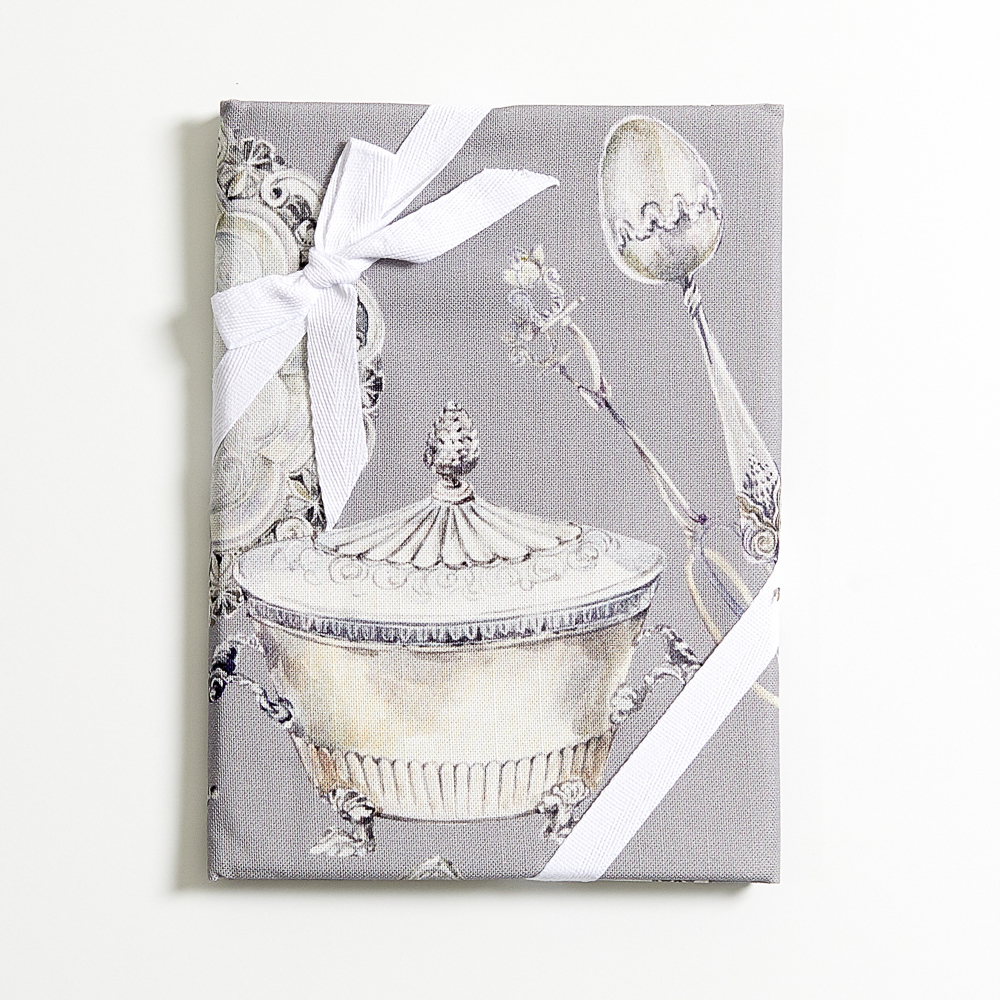


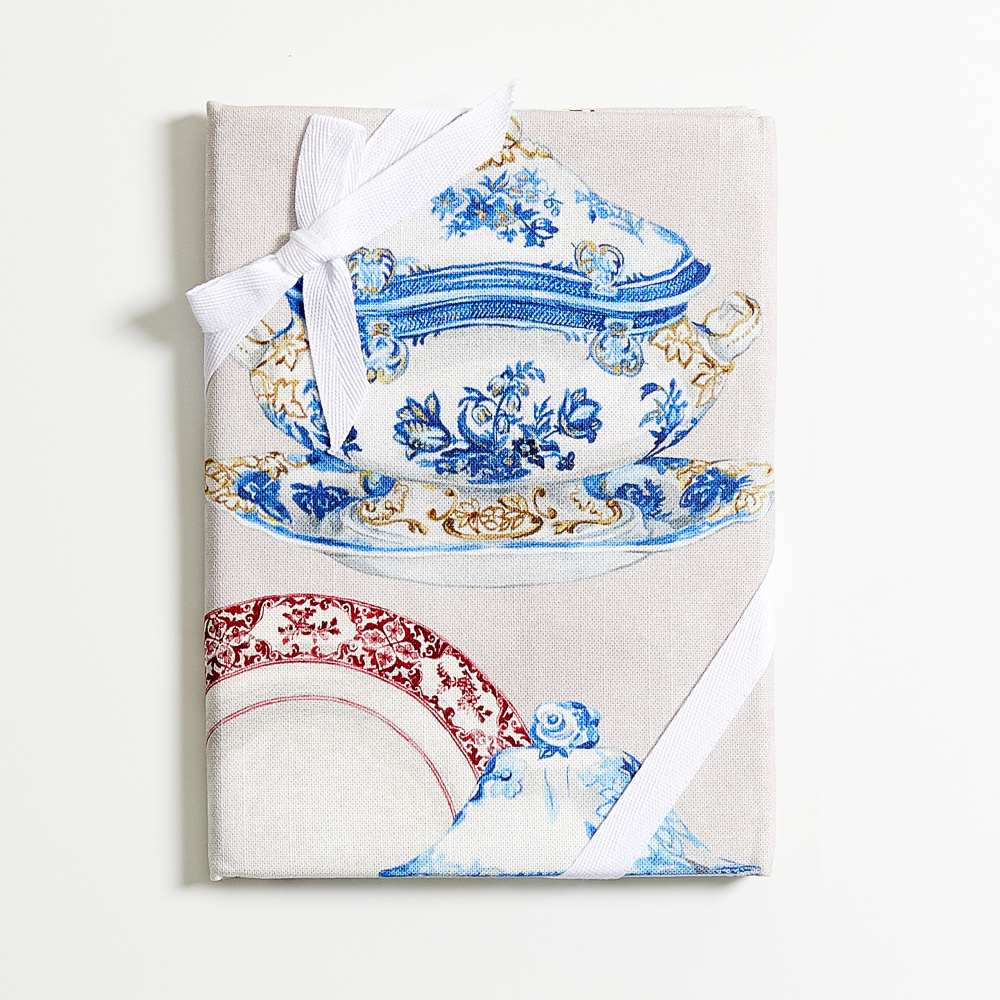



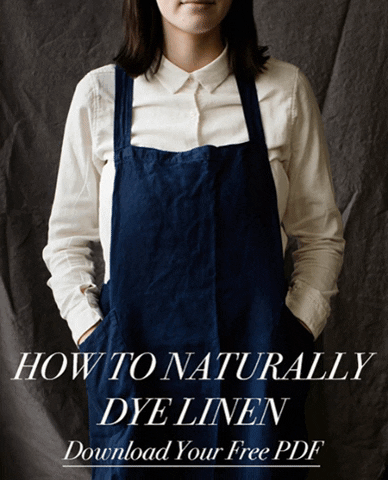
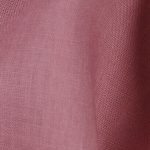
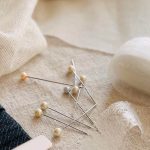
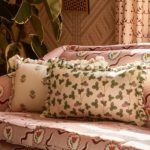
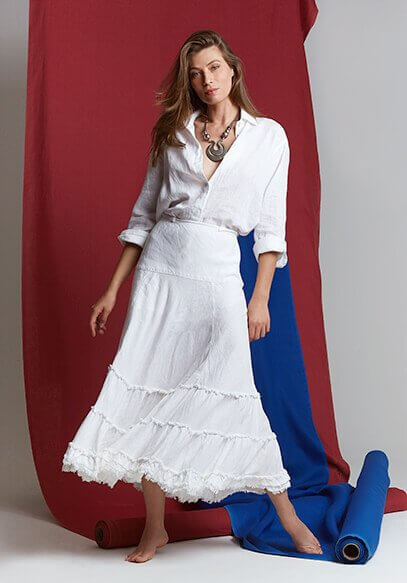
One Comment
Vicki Lang
Mara Hoffman has wonderful designs and I love the colorfulness of them. Thank you for the great article.